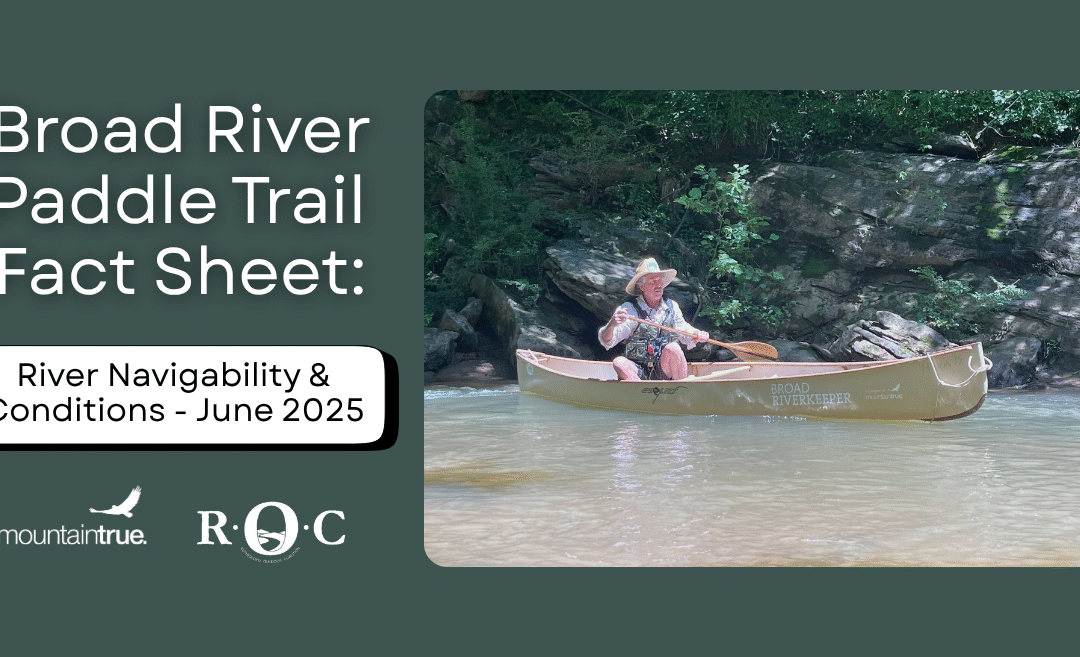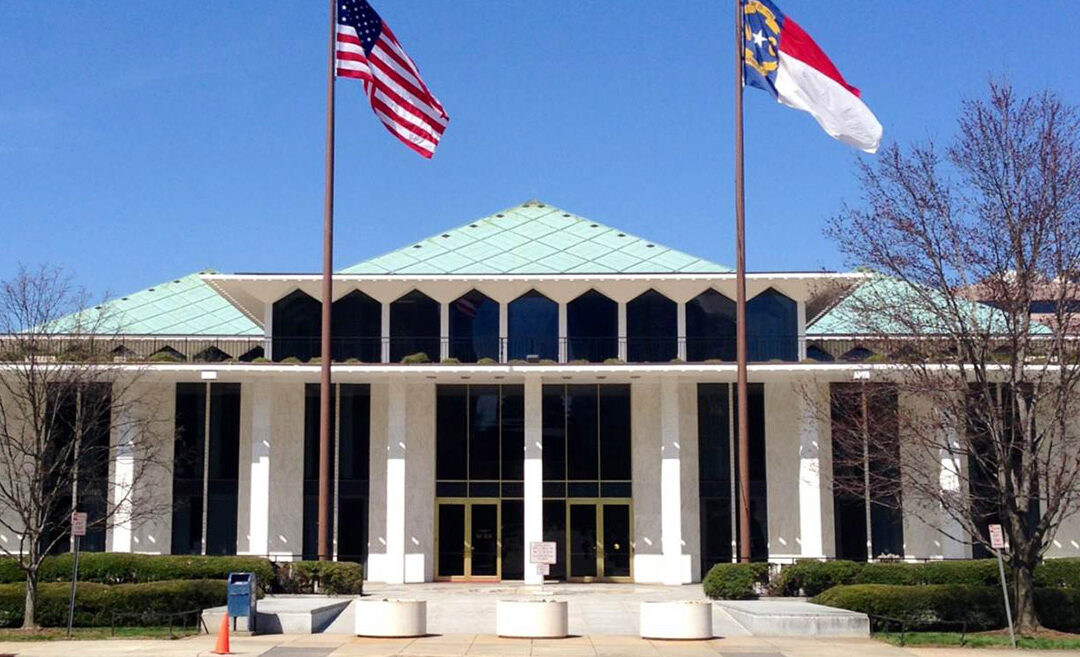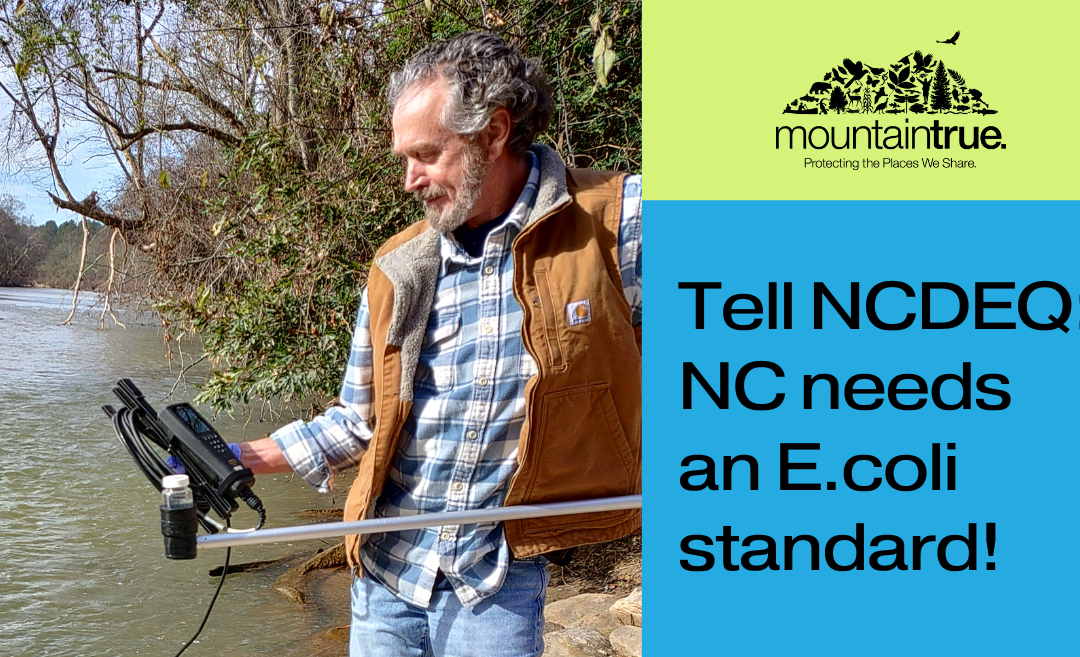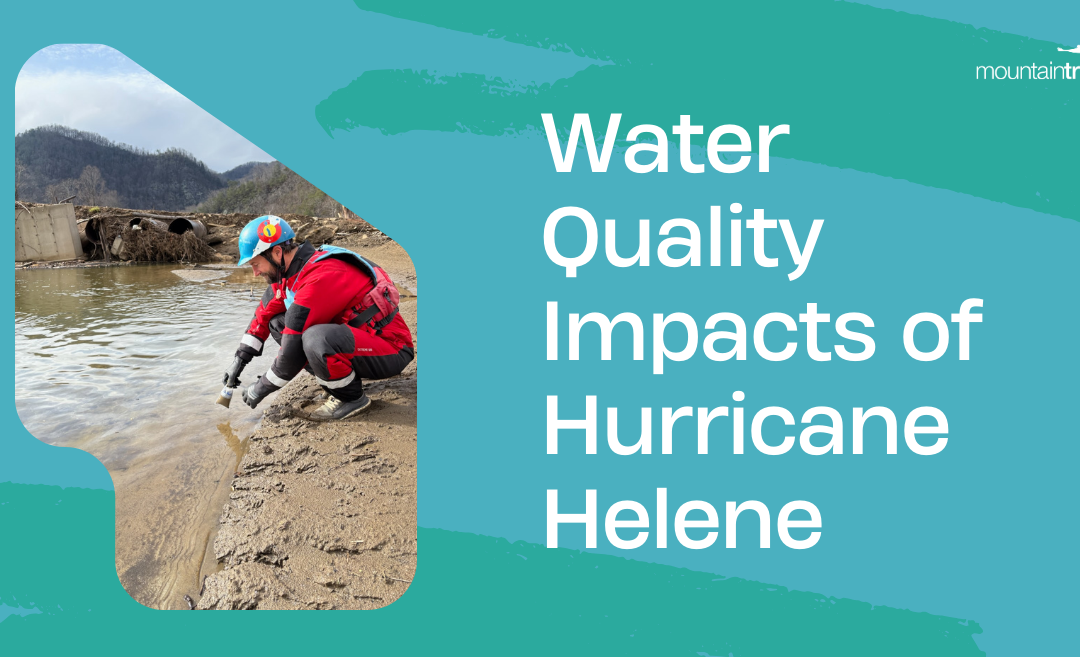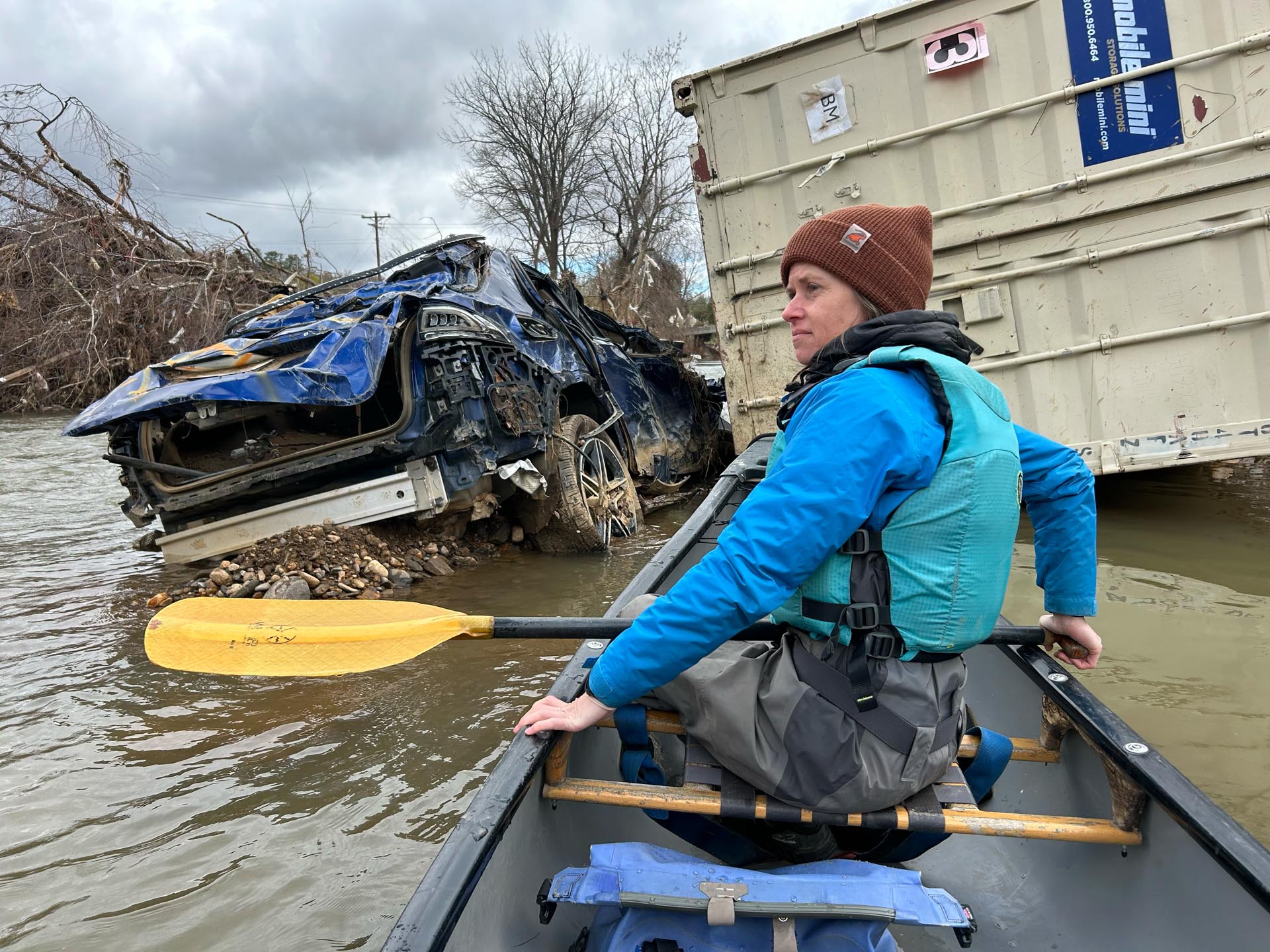Memorial Day marks the unofficial start of summer—but in Raleigh, it signals something else: the homestretch of the North Carolina General Assembly’s legislative session.
While our legislature doesn’t have a firm end date, the new fiscal year begins on July 1. Republican leaders in both the Senate and House—where the GOP holds majorities—are signaling that they want to finalize a state budget and wrap up the session soon after.
That means the next few weeks will be the most important of the year for shaping North Carolina’s policies and spending priorities. Key decisions are still up in the air, and lawmakers will need to find agreement—or risk dragging the session deep into the summer or leaving town without finalizing a budget, again.
Here’s where things stand—and how they affect Western North Carolina:
Helene Recovery: Progress, But More Work Ahead
The Senate’s proposed budget includes $700 million for disaster recovery following Hurricane Helene—but offers no details on how or when the funds would be used.
Meanwhile, the House has taken a clearer step forward, passing a stand-alone recovery bill—House Bill 1012 (HB1012)—that allocates $464 million in targeted relief, including $60 million for a long-overdue small business loan program, $45 million for water infrastructure and underground storage tank bridge loan programs, $55 million for NC Dept. of Agriculture for wildfire preparedness, streamflow assistance, and other farm assistance, $12.5 million for state and local park cleanup, and $15 million for debris removal unmet needs, among other items.
Thanks to weeks of advocacy by MountainTrue and our supporters, the House bill also includes $10 million for dam removal—a critical investment that would unlock federal funding to remove aging, hazardous dams that pose a serious risk during heavy storms, including the over 40 dams severely damaged in Helene that are now prone to failure. HB1012 now heads to the Senate for consideration.
The Budget Battle
Crafting the state’s two-year budget remains lawmakers’ top task—but it won’t be easy. Budget forecasts show potential deficits in the coming years. While House Republicans want to slow the pace of tax cuts until revenues rebound, Senate Republicans are pushing for faster, deeper tax cuts and dispute the deficit projections.
On Helene recovery, both chambers agree more help is needed—but differ on how to deliver it. The House wants to pass HB1012 on its own, avoiding delays tied to broader budget negotiations. The Senate appears likely to fold the bill into the budget, making it harder for Democrats to oppose—or for Gov. Josh Stein to veto—without jeopardizing critical relief.
Housing: ADUs Can Help Fix the Crisis
One of MountainTrue’s top legislative priorities is promoting housing options that allow us to address our housing shortage without creating sprawl and negatively impacting our natural environment. That’s why we support reforms such as legislation that would require local governments to allow the construction of Accessory Dwelling Units (ADUs)—also known as “granny flats” or in-law suites.
These small homes, often built on lots with existing houses, provide lower-cost, in-fill housing so we can build in and up instead of out into our forests, farms, and open spaces. While several ADU bills have been introduced, they’ve stalled in both chambers. MountainTrue is urging lawmakers to move forward on ADU legislation before the end of the session.
How You Can Help
The decisions made over the next few weeks will shape North Carolina’s future—and your voice matters.
Please contact your state Senator and urge them to:
- Support the dam removal funding in HB1012 to protect communities and leverage federal dollars.
- Pass HB1012 as a stand-alone bill, so critical aid reaches families, small businesses, and local governments without delay.
- Advance SB495 to allow Accessory Dwelling Units, a practical step to increase affordable housing options in our communities.
